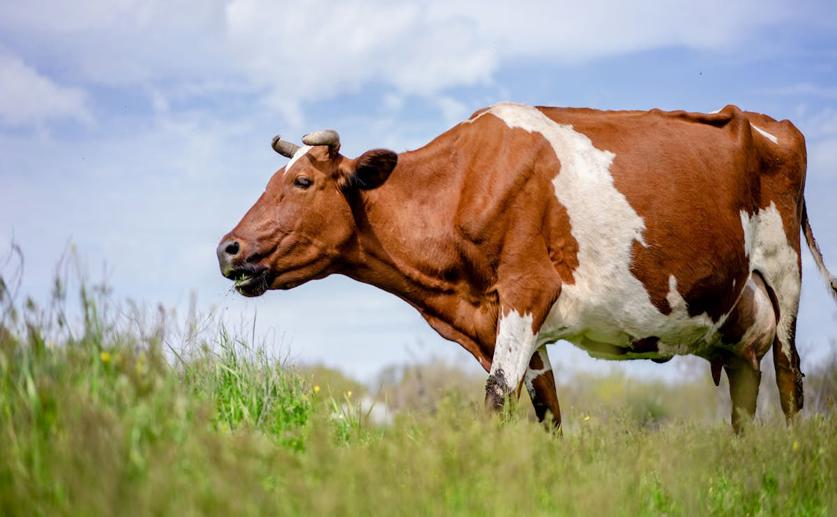
How Dietary Zinc Affects Gut Health in Pregnant Cows and Newborn Calves
Greg Howard
20th July, 2024

Image Source: Oleksandr P (photographer)
Key Findings
- The study took place at the University of Pennsylvania and examined the effects of dietary zinc on the microbiota and resistome of gestating cows and their newborn calves
- High levels of dietary zinc did not significantly affect the diversity or composition of the microbiota in gestating cows or their neonatal calves
- The diversity and composition of the cow and calf microbiomes changed significantly over time, but these changes were not influenced by zinc supplementation
References
Main Study
1) Effects of dietary zinc on the gut microbiome and resistome of the gestating cow and neonatal calf
Published 19th July, 2024
https://doi.org/10.1186/s42523-024-00326-3
Related Studies
2) Dietary High Zinc Oxide Modulates the Microbiome of Ileum and Colon in Weaned Piglets.
3) Concentration and chemical form of dietary zinc shape the porcine colon microbiome, its functional capacity and antibiotic resistance gene repertoire.
4) Zinc and its role in immunity and inflammation.
5) Strategies and challenges to increase the precision in feeding zinc to monogastric livestock.



 6th July, 2024 | Jim Crocker
6th July, 2024 | Jim Crocker